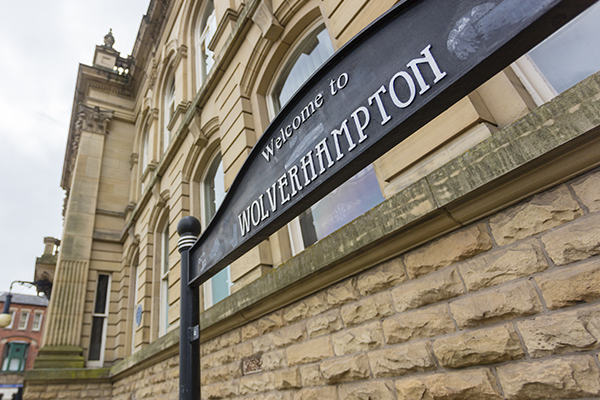A recent edition of the RSA Journal explored the role of money in the twenty-first century. Patricia and Lionel Fanthorpe FRSAs argue that there are many arguments for retaining cash and having it readily accessible and straightforwardly available.
Few things are more convenient than visiting a local shop and exchanging notes and coins for the items that you need, or for paying a window cleaner, a gardener or a hairdresser for their services.
Millennia ago, before cash was invented, our remote ancestors bartered one thing for another. The hunter would exchange fresh meat for the gatherer’s fruit and vegetables. The man or woman who went fishing would exchange part of the catch for new tackle made by a local craftsperson. But the hunter could not always locate a fruit and vegetable supplier. The angler could not always locate a skilled craftsperson.
As history moved on various devices became involved in the development of money and the recording of values. In the Aurignacian Age the first tally sticks appeared, and the 20,000-year-old Ishango Bone (a baboon’s thigh bone) was found in the Democratic Republic of Congo. Cowrie shells and beads also had significant roles.
When cash was invented, it presented society with a commodity that was universally acceptable and opportunely interchangeable for all goods and services. As a result, human progress accelerated dramatically. It seems fair and reasonable to deduce that the arrival of cash – and all the good that came from it – enhanced social and communal development to an enormous extent, and led to great human progress.
Although, as has been demonstrated through the millennia, cash in its various forms has been vulnerable to criminals – it is far less vulnerable than electronic codes denoting wealth and money – and their schedules. A clever hacker can alter the locations and destinations of millions of monetary units. A breakdown in an electronic system can paralyse all financial movements on that system.
Good old-fashioned cash is irreplaceable. So let us retain it and in so doing retain all the good it can do.
Mrs Patricia and Rev. Lionel Fanthorpe, BA, FCP, FRSA, FCIM, Cert. Ed. with Advanced Main Distinction and Distinction in Educational Theory and Practice, Both in their eighties and very happily married since 1957, Patricia worked as an auditor and Lionel was Head of a Comprehensive High School, and a radio and TV broadcaster. They are also co-authors of over 100 volumes of both fact and fiction.
Related articles
-
Creating a sovereign wealth fund in Wolverhampton
Comment
Thomas O'Brien FRSA
Thomas O’Brien FRSA makes the case for a UK sovereign wealth fund based in Wolverhampton, arguing it would create a better future for the next generation, provide businesses crucial financial support and help to spread the UK’s wealth around the country.
-
Why print money when we can print wealth?
Comment
Keith Clancy FRSA
Keith Clancy FRSA on the benefits of printing wealth.
-
Purposeful finance and the pandemic
Blog
David Pitt-Watson Hari Mann
David Pitt-Watson FRSA and Hari Mann FRSA set out why the finance industry needs to act urgently to support companies and individuals during the pandemic – and how it should build a better economy once it is over.




Be the first to write a comment
Comments
Please login to post a comment or reply
Don't have an account? Click here to register.